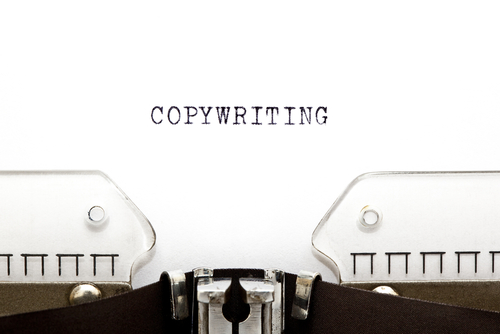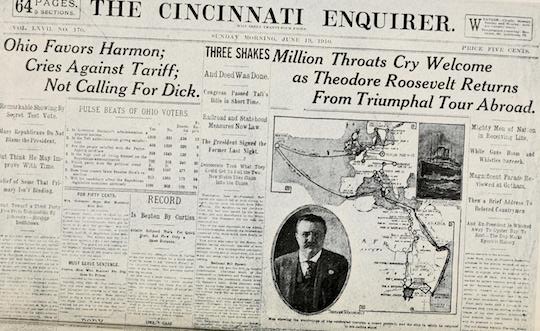The majority of the global population likes to keep up with the goings-on in the world, both nationally and internationally. It’s a way of keeping abreast of current events worldwide and therefore staying in the information loop at all times. Photographers and videographers are found on the frontline of most current activities, bringing us the photographic and video footage as clear evidence of unfolding events. Without someone giving the story which goes along with the visual feed, however, we would be unsure of what exactly was happening. This is why journalists are so essential when it comes to bringing us the news and stories which are constantly unfolding around us.

Difficulty understanding the visual news? Listen to the journalists for answers
Let’s take an example: you watch live footage of demonstrations or riots happening in which the police are taking what might be considered overly strong preventative action to try and enforce law and order. If you are unaware of the back story behind the visual evidence, your reading of the situation could be either : (a) this is a lawful demonstration by the people of their dissatisfaction with something which directly affects them, and the police are using brute force and unwarranted aggression to contain the outbreak, leading to accusations of police brutality, or (b) this is an unlawful outbreak of violence and looting which has run out of control and is endangering property and lives in the immediate vicinity, and the police are trying unsuccessfully to bring the demonstrators into line but are facing increasing violence and attack from those involved. Two entirely different scenarios, but which could be read either way. We might have visual evidence of what is happening, but without the back story which a good journalist can provide, we cannot accurately assess the situation.
Get the news without bias or prejudice
Journalists are trained to report facts accurately and without embellishment. They are not there to sugar-coat or soften the events on which they are reporting, but simply to tell the story factually and without bias. One of the core codes of journalism is to report factually, without allowing personal bias or prejudice to come into the picture. As with any good broadcasting service, there should be no leaning to either side in reporting. The aim is not to sway an audience one way or another by trying to convert their way of thinking to a specific viewpoint, but simply to tell them what is happening. Of course, this is not easy, particularly when the subject matter is volatile and highly emotional.
Investigatory approaches are essential to a good story
Journalistic writing is a completely different kind of writing to free-flow thought writing. It is the responsibility of collecting data or news stories, writing them up, or editing existing news stories for newspapers, magazines, radio, or television broadcasts. A journalist will often front a television crew filming the news, reporting on what is happening, and often interviewing those involved on the spot or “live” to get the absolute latest information available. Journalism involves reporting on facts which cannot be questioned, and in order to do this, they need to be sure of their facts before broadcasting them. This may involve hours or days of background investigative work, interviewing possibly antagonistic people, asking questions which may be hurtful or which the interviewee does not want to answer. A journalist needs to have a thick skin and not be easily put off or offended in the face of possible aggression or confrontation. It is not an easy job, as some journalists, in the course of their work, have been verbally or physically abused whilst trying to obtain important and relevant information for their news stories. A dedicated news journalist will follow the news wherever it may lead and this can sometimes be into war-torn areas and directly behind the front-lines of advancing or retreating forces. They knowingly risk their lives in the pursuit of truth and reporting that truth and are often accompanied by professional videographers. Admittedly, we could manage with words alone, but a visual picture brings the truth home much more forcefully. There were so many verbal and written reports, for instance, on Princess Diana’s death in Paris, and the attacks on the Twin Towers in New York, but the graphic photographs and video footage which accompanied the stories will forever be imprinted on our memories. On the other hand, the visual footage alone would not give us the whole story behind such tragedies, which is why journalists are so vital in getting the news across the world, accurately, factually, and on time.
Do journalists write about celebrities?
We must also remember tabloid journalists who write up information obtained from interviews with celebrities, often including statements made by them concerning release dates of films, premiers, books, etc. These journalists mainly cover entertainment matters and have a slightly less formidable role than news journalists. Tabloid journalism is also known under the name of “yellow journalism”.
Want a quick write-up on your company? Ask a journalist!
Journalists are an essential part of our lives in keeping us updated on what is happening around us. Why not use a freelance journalist for your company or business to boost its presence and history, and have it published in your local newspaper? Hmm, think I need to get moving …

